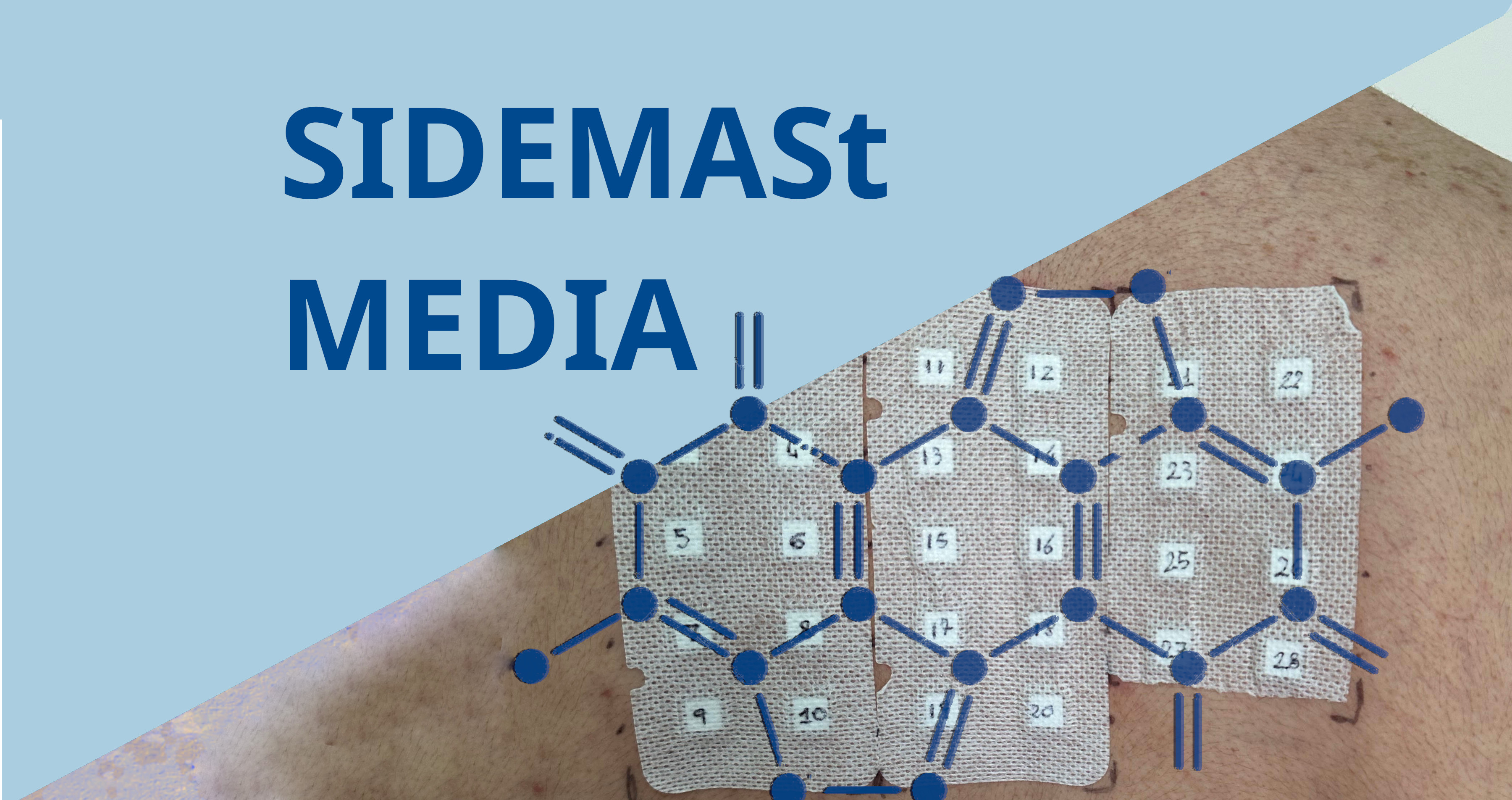Apremilast was effective in reducing the symptoms of pruritis and improving quality of life in patients with chronic plaque psoriasis attending a university clinic, according to results from a small, retrospective real-world study presented at the 26th European Academy of Dermatology and Venereology (EADV) Congress.
According to the reduction of scores on the numerical rating scale (NRS; ranging from 0 = no itch to 10 = worst imaginable itch), patients with chronic plaque psoriasis who received apremilast for 3 months demonstrated a significant decrease in pruritis itch from a mean of 5.6 (± 0.6) to 2.4 (± 0.8) points (P < .01).
Fifty percent of patients showed complete clearance of pruritus, and 45% of patients showed a reduction of NRS of >= 4 points within 3 months of apremilast treatment.
"Psoriasis is...frequently accompanied by pruritus, which psoriasis patients report as being one of the most distressing symptoms that significantly decreases...quality of life," explained lead author Birgit Sadoghi MD, Medical University of Graz, Graz, Germany, speaking here on September 16.
Dr. Sandoghi and colleagues assessed the antipruritic effect in real clinical practice of apremilast in 20 patients with chronic plaque psoriasis treated with the standard dose of oral apremilast 30 mg twice daily for at least 3 months, compared with baseline. The investigators also evaluated patients' quality of life using the Dermatology Life Quality Index, (DLQI; range 0 to 30 points).
Psoriasis Area and Severtiy Index (PASI) evaluations were available for 19 subjects who demonstrated a PASI score reduction from a mean 8.2 (±1.8) at baseline to a mean 3.4 (±1.1) points at 3 months (P < .01).
DLQI measurement showed a quality-of-life improvement within 3 months of treatment, and a mean reduction of 11 (±1.7) points from baseline (P < .01).
Apremilast was well tolerated, and no serious adverse events occurred.
Four (20%) patients did not show improved pruritus according to PASI, and 1 of these patients showed worsened pruritis symptoms.
Patients included 9 males and 11 females with a mean age of 47.7 years (range: 13 to 63 years).
[Presentation title: Apremilast Significantly Reduces Pruritis in Patients With Chronic Plaque Psoriasis Treated in an Outpatient Setting. Abstract #: P1709]








